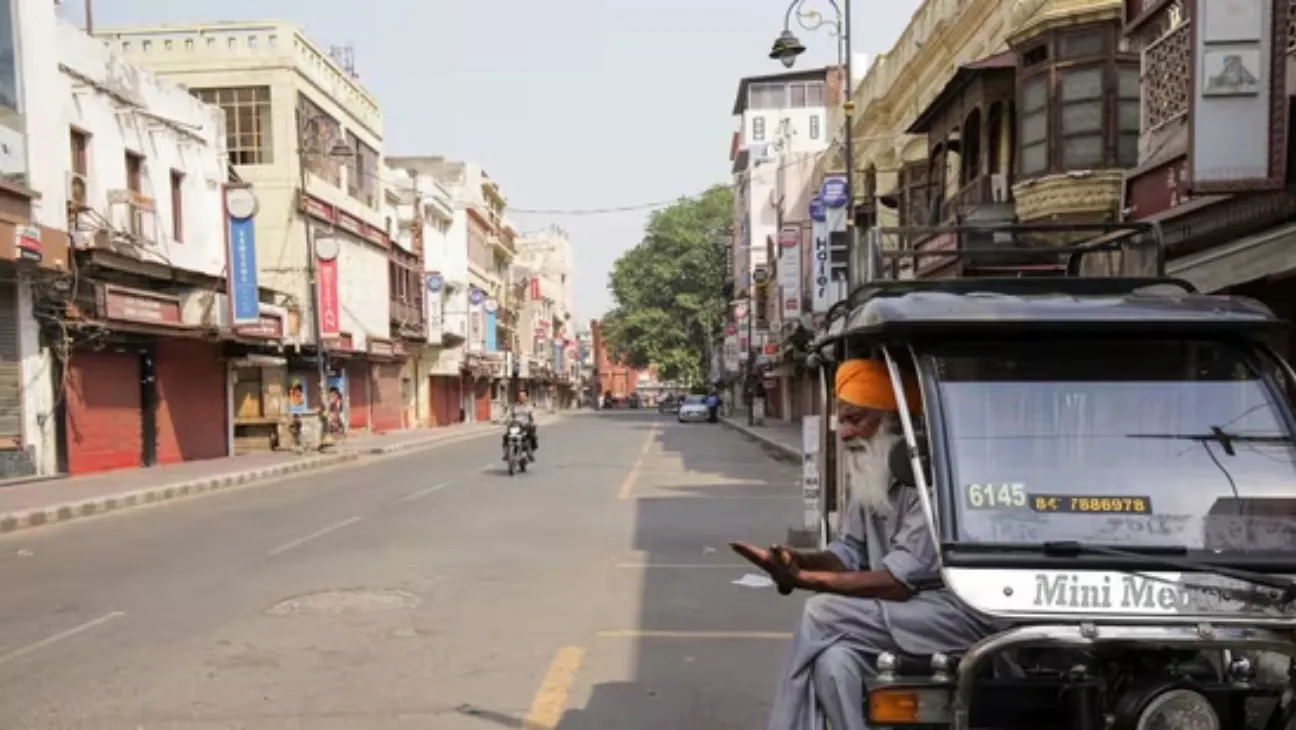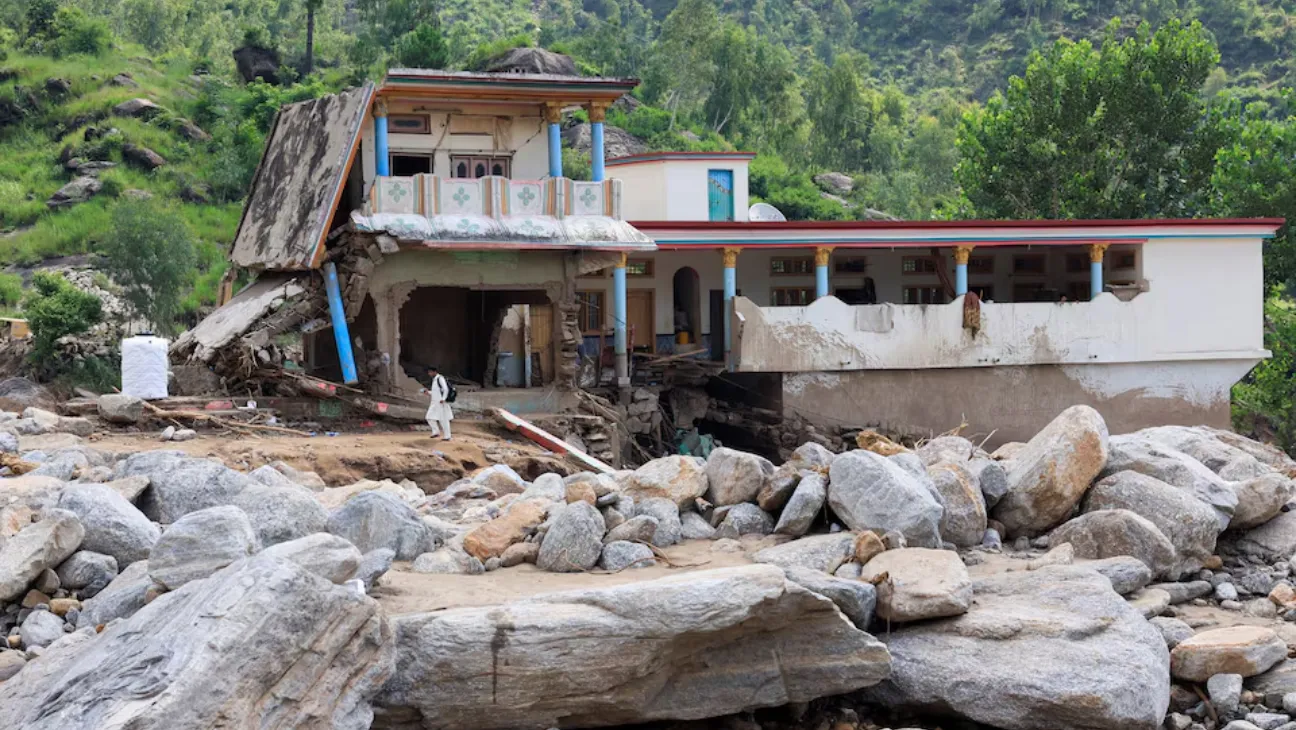A nationwide strike called Bharat Bandh has been scheduled for Wednesday, July 9, as over 25 crore workers prepare to walk off the job in protest against labor reforms and economic policies. The strike is backed by a coalition of central trade unions and farmers’ groups who allege the current policies favor corporations and harm workers.
The general strike is expected to disrupt a range of essential services including banking, transportation, postal services, coal mining, and possibly the power grid.
Organized by a joint forum of ten major trade unions, including the INTUC, AITUC, CITU, HMS, and SEWA, the protest aims to pressure the government to abandon what union leaders describe as anti-worker reforms.
In a joint statement, union leaders said preparations were underway nationwide across both formal and informal sectors. “Banking, postal, coal mining, factories, and state transport services will be affected due to the strike,” said Harbhajan Singh Sidhu from the Hind Mazdoor Sabha.
A key point of contention is a 17-point demand list submitted to Union Labour Minister Mansukh Mandaviya last year. The demands include halting privatization of public enterprises, increasing job opportunities, and withdrawing four new labor codes passed by Parliament.
Services to Face Varying Degrees of Disruption
Banking:
Bank services may be significantly affected. The Bengal Provincial Bank Employees Association, affiliated with the All India Bank Employees Association (AIBEA), confirmed participation. Insurance workers are also expected to join. While no bank holiday has been declared, reduced staff presence might significantly impact operations.
Education:
Schools and colleges are expected to remain open. So far, there’s been no directive from authorities to close educational institutions. Unless local managements decide otherwise, academic schedules should continue uninterrupted.
Electricity:
The power sector could see service interruptions. With around 27 lakh employees expected to strike, power cuts are possible in parts of the country. How widespread the disruption is will hinge on union strength and local readiness.
Railways:
While railway unions haven’t officially joined the strike, minor disruptions remain likely. In the past, protestors have blocked tracks or gathered near stations, causing delays and tighter security.
Public Transport:
In Kerala, uncertainty remains. State Transport Minister K B Ganesh Kumar said KSRTC would operate as normal, but trade union sources claimed a strike notice had been served and employees would participate. The impact could include reduced or delayed bus operations.
Public transport in multiple cities could face delays and detours due to demonstrations, particularly at peak times.
What’s Driving the Strike?
The demonstrations are fueled by fears over eroding labor protections and job safety. Union officials say the new codes strip away safeguards and undermine their ability to bargain or strike.
They’ve also criticized the government for not convening the annual labor conference in a decade.
In their view, the new laws are being introduced under the banner of “ease of doing business,” but at the expense of worker welfare.
Union leaders argue that unemployment is rising, wages are stagnant, and inflation has pushed up the cost of basic goods. Government spending on sectors like healthcare, education, and public services has also declined, they claim.
A particularly sharp point of criticism is the hiring of retired officials instead of young professionals in government departments. Union representatives say this policy is counterproductive, especially when a large portion of India’s population is under 35.
They also demand better conditions for MGNREGA workers, an urban employment guarantee act, and the withdrawal of the Employment Linked Incentive (ELI) scheme. According to them, the scheme incentivizes employers instead of addressing worker concerns.
It’s not just city workers, either. The country’s farmers are throwing their weight behind the protest too. Groups like the Samyukta Kisan Morcha say they’ll be getting people out in the countryside to show their support.
This could be a big one. With support coming from all corners of the country and different types of jobs, Wednesday’s strike might be the largest protest we’ve seen in a long time. Will it actually change anything? That’s the big question. But regardless, the sheer number of people involved sends a powerful message that many are fed up with the state of the economy and workers’ rights.









